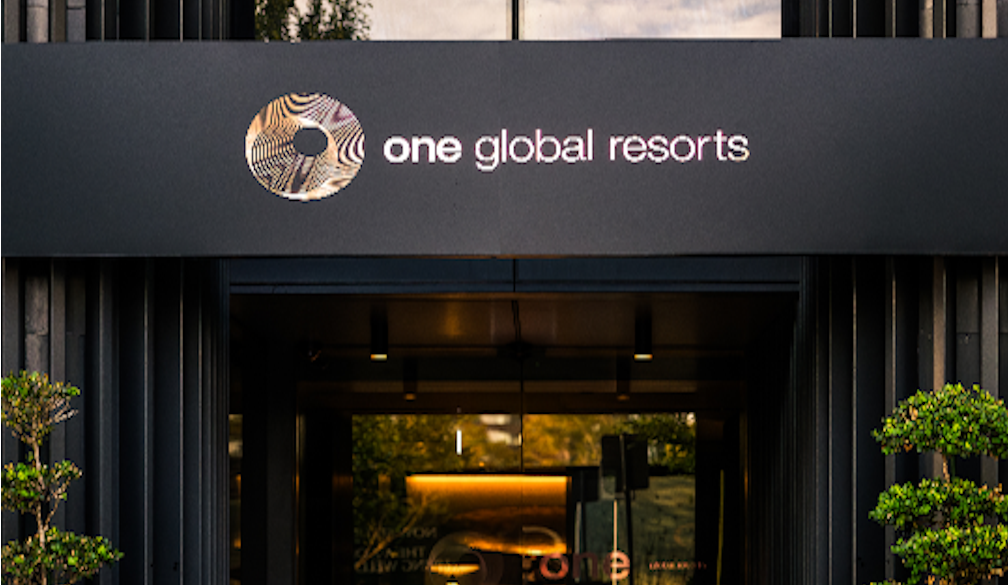Inside One Global resorts: The Sydney Stay Hosting This Season of MAFS Australia
- Written by Times Media

As Married At First Sight returns to Australian screens in 2026, viewers are once again getting a look at where the relationships unfold, with One Global Resorts Green Square as the home of this year’s contestants.
Filmed in Sydney’s inner south, the modern, apartment-style resort features prominently throughout the season. Chosen for its balance of privacy, space and convenience, One Global Resorts Green Square oƯers an ‘at home’ experience. The property’s generous apartment-style suites allow participants to live day-to-day life together.
Each suite features premium bedding, private balconies and fully equipped kitchens, creating a comfortable environment that feels more like home than a traditional hotel stay. The resort’s elevated heated infinity pool, set high above Green Square, has also become a recognisable backdrop on screen, oƯering sweeping views across the city and surrounding suburbs.
In addition to the pool, guests and participants have access to a spa, sauna and fully equipped gym, allowing for moments of relaxation and routine. 
Designed by renowned architect Koichi Takada, the building’s contemporary aesthetic and strong visual identity have made it well suited to on-screen storytelling, with light-filled interiors and architectural details that translate seamlessly to television. Beyond the resort, Green Square’s vibrant café scene, casual dining options and wine bars sit within easy walking distance, while direct train access places both Sydney CBD and Sydney Airport just minutes away.
Quercy Jouannes, General Manager for One Global Resorts, said the partnership reflects the property’s ability to meet the practical and visual needs of long-form television production.
“Green Square works exceptionally well for MAFS because it oƯers space, privacy and a residential feel, while remaining close to the city and major transport links,” he said. “It’s designed to support everyday living, which is exactly what the format requires.”
While audiences watch the relationships unfold on screen, One Global Resorts Green Square is also available to book year-round, oƯering guests the opportunity to experience the same apartment-style accommodation, facilities and location seen throughout the season. 
For more information, please visit oneglobalresorts.com.au













